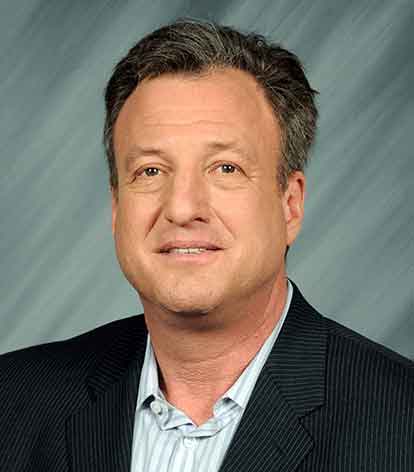Schneider Electricannounced upgrades to its digital twin tools for water and district energy utilities, EcoStruxure Water Cycle Advisor – District Energy (formerly ‘Termis’) and EcoStruxure Water Cycle Advisor – Water Simulation (formerly ‘Aquis’). These latest releases, grouped in version 8.2 of the software, help to 為用戶提供好處eking to further maximize digital capabilities to better ensure efficiency, quality and insight across the water and district energy lifecycles.
為用戶提供好處eking to further maximize digital capabilities to better ensure efficiency, quality and insight across the water and district energy lifecycles.
With additional advanced data and formula capabilities, along with a range of usability improvements, District Energy and Water Simulation are designed to help deliver Schneider Electric’s promise to help companies reach greater efficiency while supporting decarbonization, reducing water and heat loss, and optimizing network operations.
To better support next-generation digital transformation across the lifecycle, both District Energy and Water Simulation now deliver optimized data management performance.
The new releases harness new asynchronous database data insertion processes, using parallel computing to help ensure data is delivered more quickly. Similarly, new algorithms, including a topological sorter and step tag processor, help to speed up data processing and deliver more efficient historical data reprocessing.
Besides these latest upgrades that help to increase speed and efficiency in big data management, the user experience has been further optimized to help improve ease of use regardless of the size of the data. For example, importing tens of thousands of real time tags for online network optimization can now often be completed in just a few seconds. The same performance improvements are seen across step functions, processing, and reprocessing, which can often reduce computation times from hours to seconds.
Additionally, users can leverage improved CSV export functionality. To help better leverage the data and calculations made possible through District Energy and Water Simulation, users can now export all information related to any object in the model for a given simulation, or a fraction of it, via CSV files.
Water Simulation and District Energy users now can also benefit from a new formula editor, Neptune. Alongside better optimizing existing programming functions, users are now able to create custom key performance indicators using one of the most supported programming languages, C#, alongside Roslyn.

